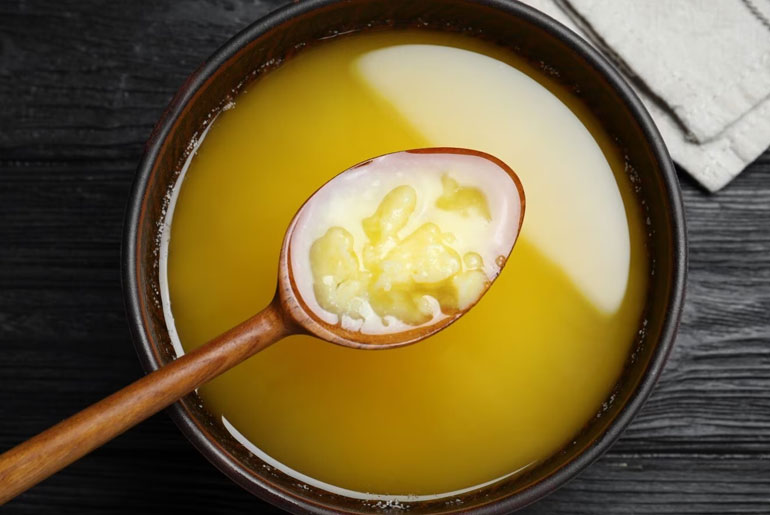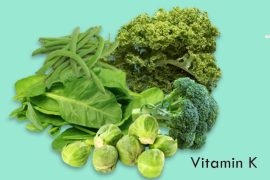Ghee, a type of clarified butter commonly used in Indian cuisine, is often praised for its health benefits, but its role in controlling uric acid levels is not well-established. Uric acid is a waste product formed from the breakdown of purines, which are found in certain foods. High levels of uric acid can lead to gout and other health issues.
Ghee itself does not contain purines, so it does not directly contribute to increased uric acid levels. However, its high fat content might impact overall health if consumed in excess, potentially leading to weight gain, which is a risk factor for elevated uric acid levels.
For those concerned about uric acid levels, it’s more important to monitor the intake of purine-rich foods (like red meat, certain fish, and alcohol) and maintain a healthy weight. While ghee can be part of a balanced diet, it should be consumed in moderation, particularly if you have conditions like gout or hyperuricemia. Here’s what you need to know:
1. Ghee and Uric Acid Levels: Direct Impact
- Neutral Impact: Ghee itself does not contain purines, the compounds in certain foods that are metabolized into uric acid in the body. Because ghee is primarily composed of fats, it does not directly contribute to the production of uric acid, making it generally safe for those managing uric acid levels.
- Moderation is Key: Although ghee doesn’t increase uric acid levels, consuming it in moderation is essential, especially for those with conditions like gout, where high uric acid levels can lead to painful flare-ups. Excessive fat intake can contribute to obesity, which is a risk factor for high uric acid levels.
2. Ghee’s Anti-Inflammatory Properties
- Inflammation Reduction: Ghee is rich in butyrate, a short-chain fatty acid known for its anti-inflammatory properties. Chronic inflammation is associated with various health issues, including gout. By reducing inflammation, ghee may help alleviate some symptoms associated with high uric acid levels, although it does not lower uric acid directly.
3. Supporting Digestion and Metabolism
- Improved Digestion: Ghee is known to support healthy digestion by stimulating the secretion of digestive enzymes and aiding in the absorption of fat-soluble vitamins. Better digestion and metabolism may indirectly help in managing weight, which is important for controlling uric acid levels.
4. Overall Dietary Considerations
- Balanced Diet: While ghee can be part of a healthy diet, it’s important to maintain an overall balanced diet low in purine-rich foods (such as red meat, certain seafood, and alcohol) to effectively manage uric acid levels. Incorporating more vegetables, fruits, whole grains, and low-fat dairy can help in controlling uric acid.
- Hydration: Staying well-hydrated is also crucial in managing uric acid levels. Water helps dilute uric acid and facilitates its excretion through the kidneys.
Ghee can be included in a diet for those managing uric acid levels, as it does not directly increase uric acid. Its anti-inflammatory properties and digestive benefits may offer some indirect support. However, moderation is essential, and it should be consumed as part of a balanced diet low in purine-rich foods. For those with concerns about uric acid levels or conditions like gout, consulting a healthcare professional for personalized dietary advice is recommended.
Disclaimer:
The information contained in this article is for educational and informational purposes only and is not intended as a health advice. We would ask you to consult a qualified professional or medical expert to gain additional knowledge before you choose to consume any product or perform any exercise.







